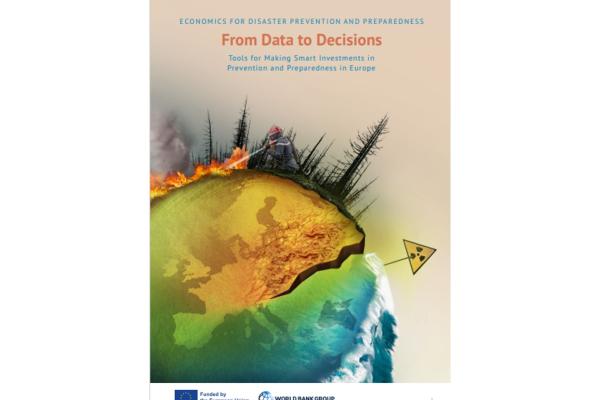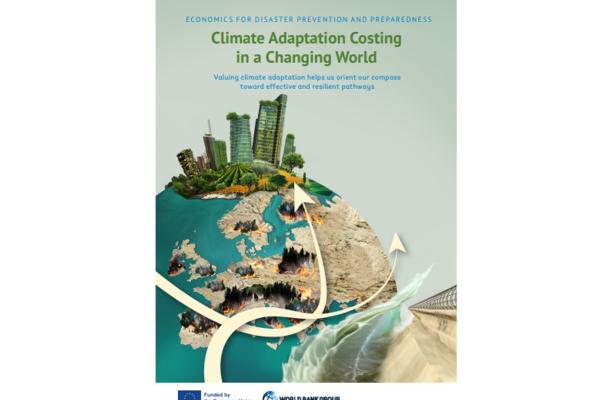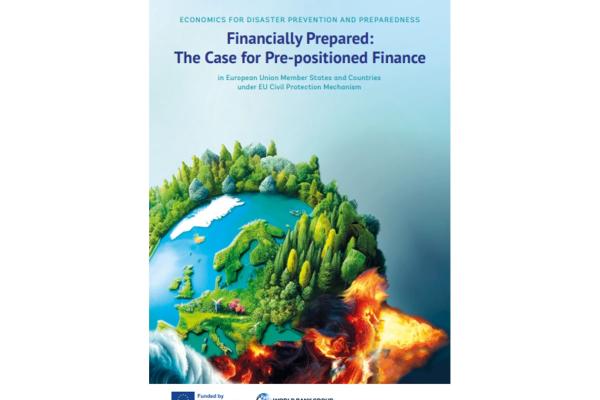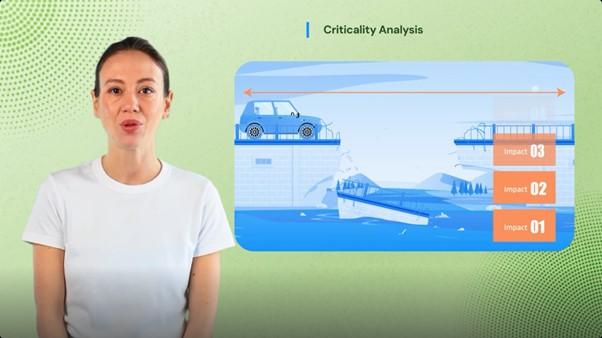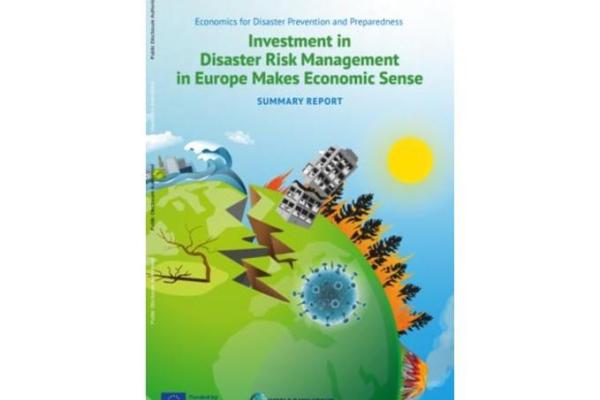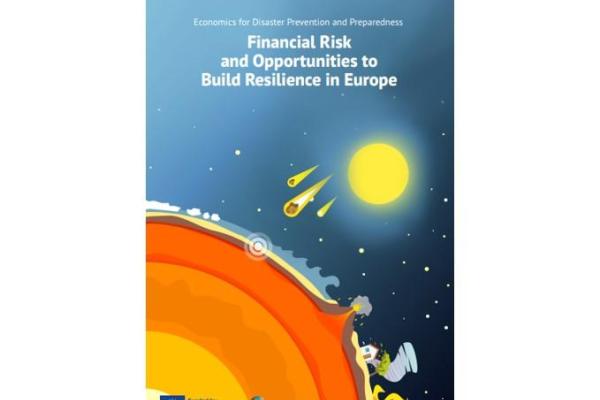Training material
In addition to the reports, DG ECHO, with the assistance of the World Bank, offers training material that draws on the findings of the 2021 study.
E-learning course
Developed by DG ECHO, an online eLearning course is available with open access on the EU Academy. The 1-hour self-paced course focuses on the risk landscape of the EU and the positive effects of disaster prevention and preparedness
Online workshop series
This series of three training modules (120 min each) explore the analytical methods applied in the study. You hear the experts involved providing more background of the study and its findings.
